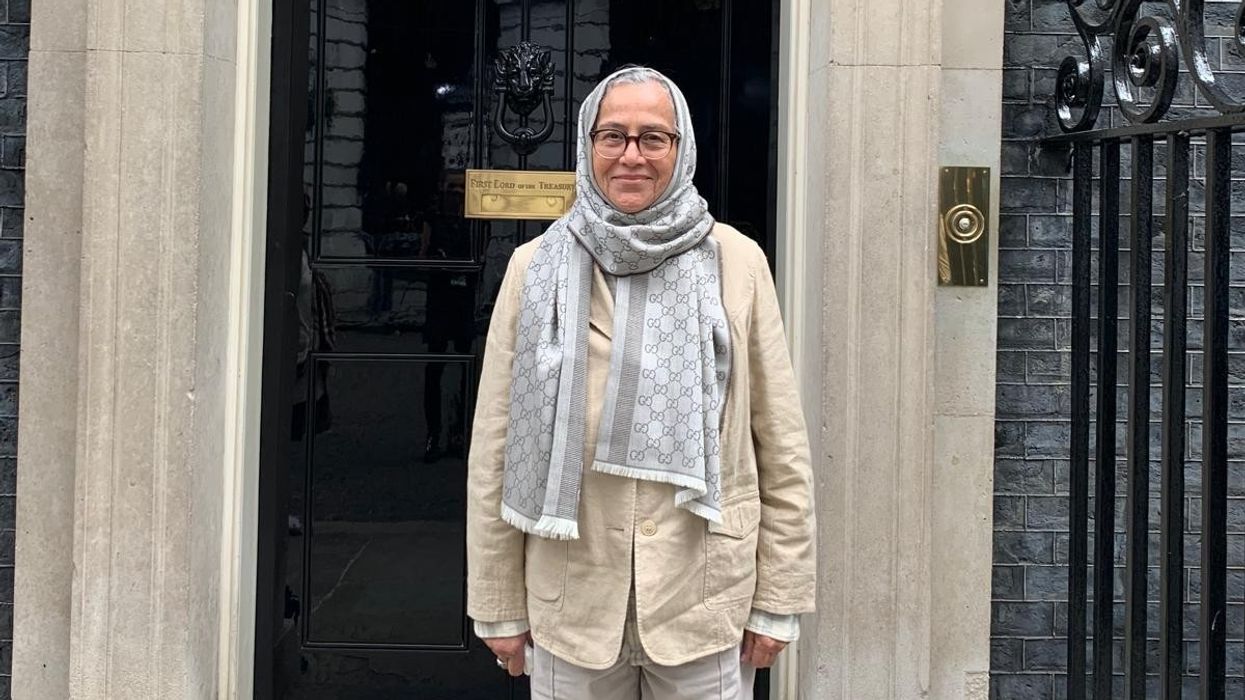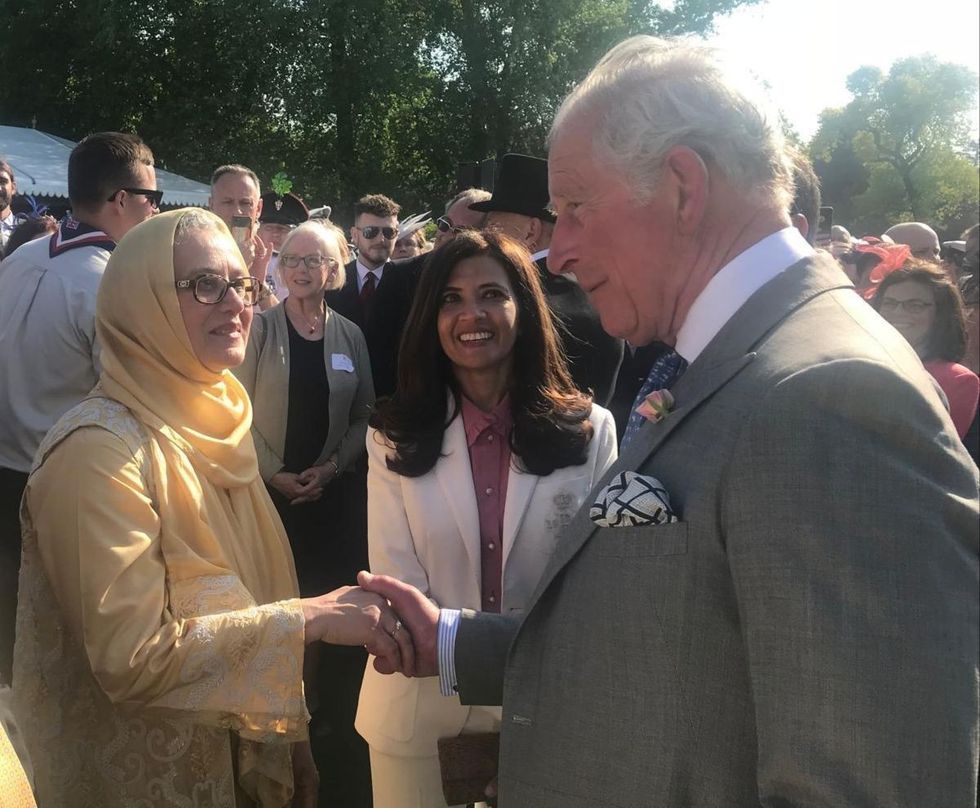OVER 700 people attended the funeral of Rizwana Bokhari at Balham Mosque, the oldest mosque in South London, on Friday, 14 February.
Mourners included faith leaders from across the UK, international guests from America and Asia, and political figures.
Among those present were Dawn Butler MP, Helen Maguire MP, Bobby Dean MP, and Luke Taylor MP, representing Liberal Democrat leader Sir Ed Davey.
Representatives from the London Lord Lieutenant’s office and various lieutenancies also attended.
Charity leaders at the funeral included Shabir Randeree, chair of King’s Trust International; Tom Ilube, chair of King’s Trust; and Jonathan Freeman, CEO of Charity for Civil Servants. BBC presenter Asad Ahmed was also among those present.
Messages of condolence were sent by Lord Khan of Burnley, Minister for Faith, Communities and Resettlement; Sir Loyd Grossman, chair of the Royal Parks; and former Prime Minister Boris Johnson.
Harris Bokhari, Rizwana’s son, said his mother had been the strength behind their family and their work in public service. The family has established the Rizwana Bokhari Endowment, a registered charity fund supporting the education of orphans.
Rizwana Bokhari was born in Karachi, Pakistan, in 1951 and moved to the UK after marrying Nawazish Bokhari. She faced discrimination in employment and later focused on supporting her family.
She was an oil painter and craftsperson, with commissions from members of the royal family and the establishment. Her patchwork blankets inspired the name of the Patchwork Foundation.
She passed away on 10 February 2025, at the age of 73.





